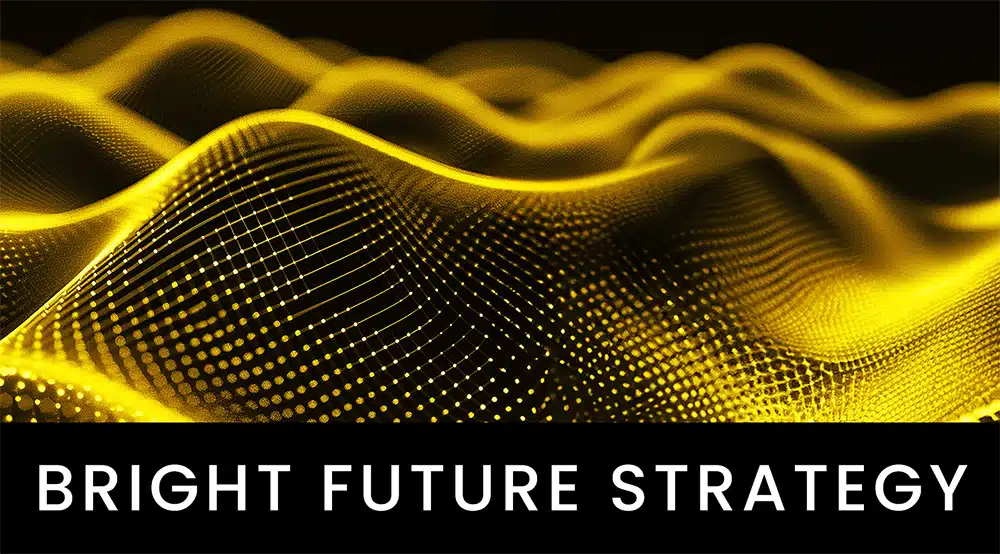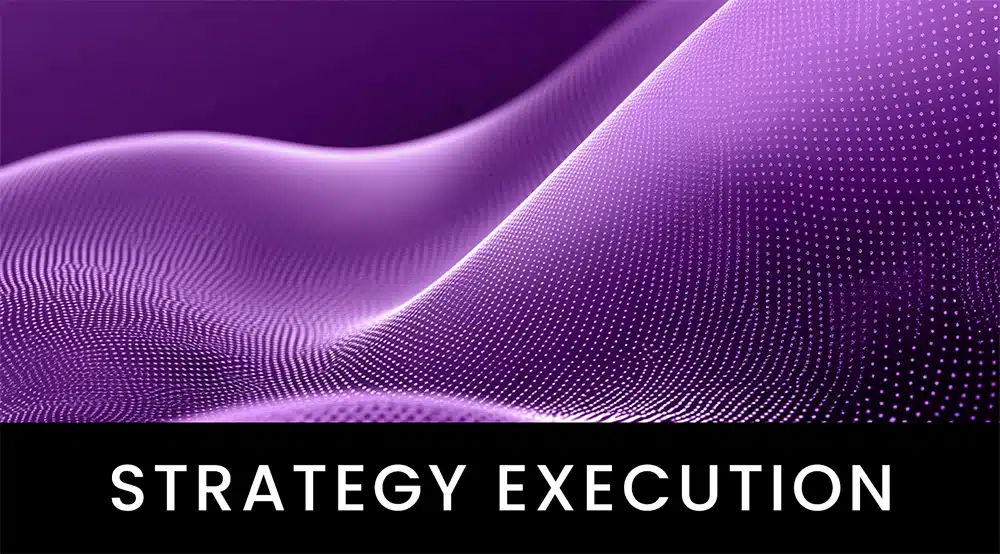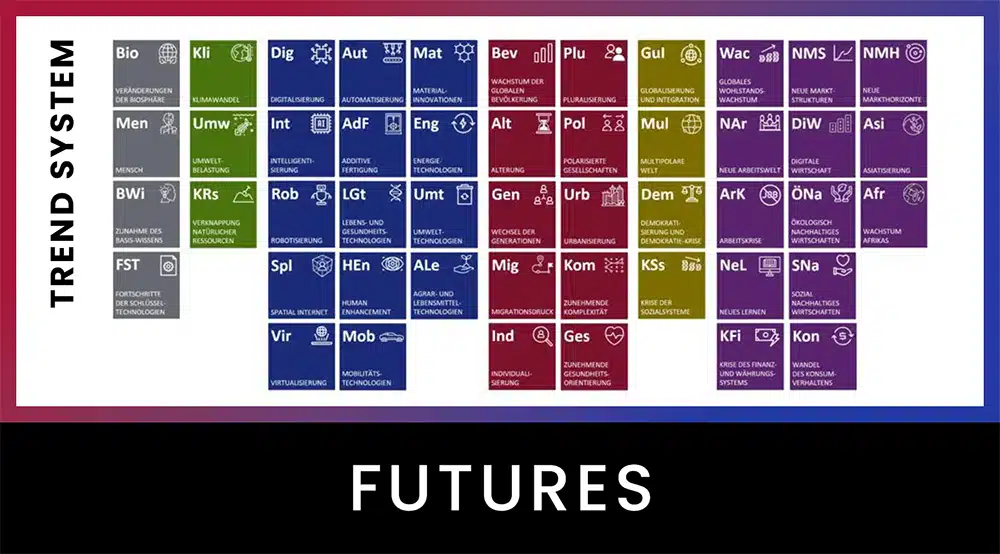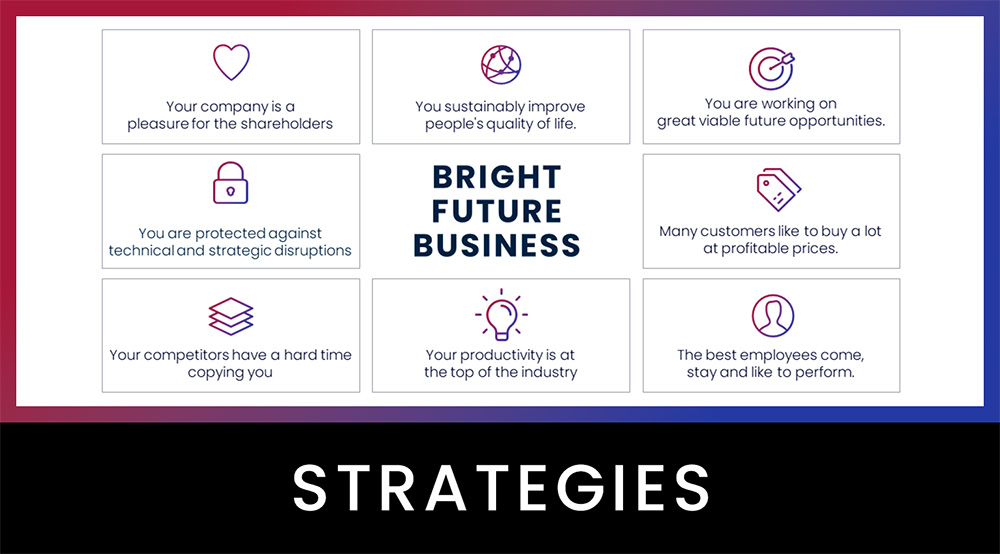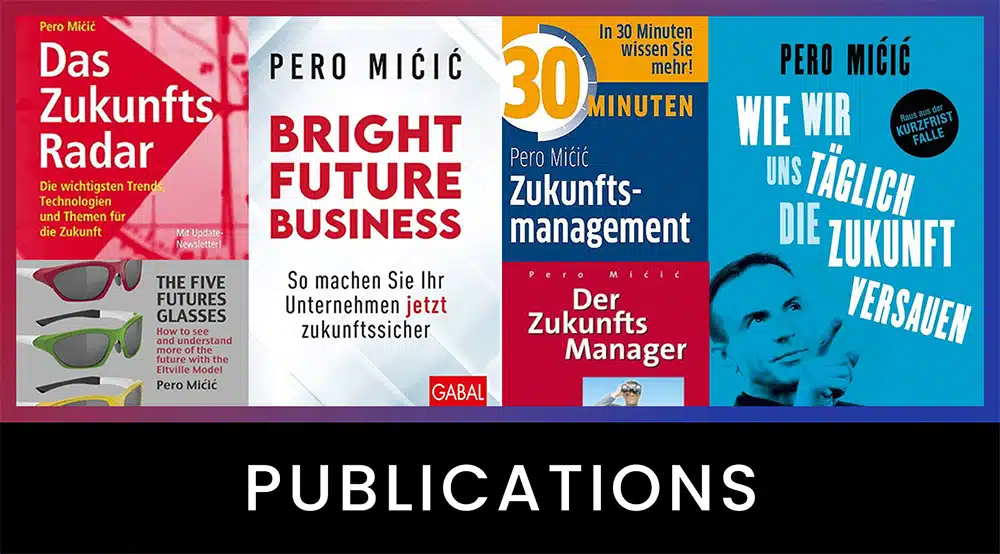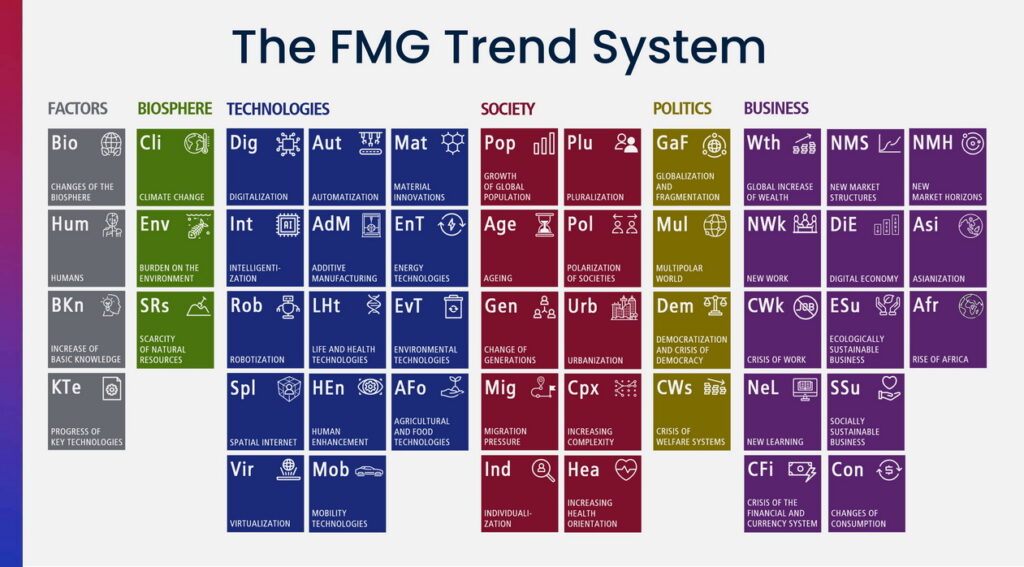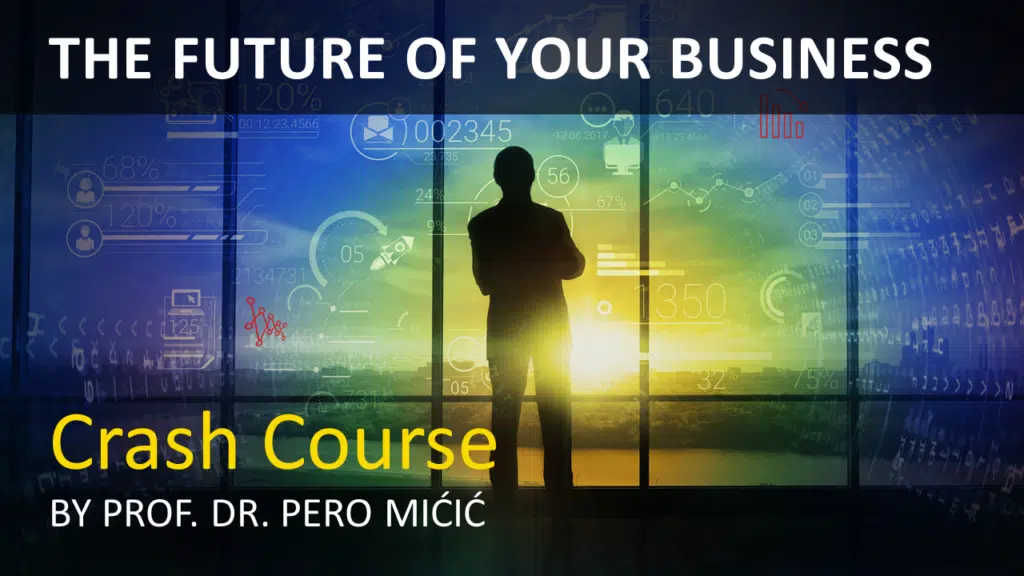Humans are the only creatures that can think about long-term futures – but apparently not very well.
Sometimes you can feel sorry for politicians. As election day approaches, their failures come to the fore at the expense of their successes and achievements – regardless of who is in power and what has been promised in concrete terms. The short-term animal in us is permanently booming. Happiness must come quickly, even if it is only the small lucky sparrow in your hand.You know it intuitively: people and companies are significantly more successful when they follow a long-term horizon of thought and action. This can be measured by the willingness to defer short-term rewards in favor of long-term ones. It is reminiscent of the well-known marshmallow experiment from the 1960s. If a child could restrain himself from eating the one marshmallow presented for 15 minutes, he was given a second one. Decades later, it was found that those who were capable of reward deferral had generally become more successful socially and professionally than those who rewarded themselves more quickly.
We do well to distinguish real happiness from pseudo-happiness.
The financial and economic crisis has shown us how short-term we think and act. Are we sacrificing health and wealth in old age for the convenience of living in the here and now? Do we prefer to enjoy the popularity, although unpopular decisions would be necessary? Admittedly, enjoyment in the here and now is often what makes life worth living. We therefore do well to distinguish the mostly inconsequential moments of genuine happiness from the situations of pseudo-happiness. We are in the latter when we do things out of laziness, stupidity, greed or fear that cause considerable long-term harm or even existential danger to us, our fellow human beings and often the whole of humanity.
When people still hunted wild animals and gathered fruit, they needed at most an inkling of the phenomenon of the future to survive. When they settled down and became farmers, their time horizon expanded to the annual rhythm. Until the Enlightenment and industrialization, long-term thinking remained a privilege of a few. In the meantime, we have created systems that can only be successfully managed within long-term thinking and decision-making horizons.
And yet, greed for immediate pleasure and gratification regularly triumphs over what is healthy and meaningful in the long term. So we make a lot of our day-to-day decisions with little thought. Apparently, because that’s how we’re built. But what should long-term thinking be based on? It is unlikely to be profit, because it never reflects all the long-term economic, social and environmental burdens it faces. It can even easily jeopardize the existence. In monetary terms, the value of the company, measured by the quality of its customer relationships, its products and services, and the creativity and performance of its employees, would certainly be an ideal yardstick. Countless private entrepreneurs are guided by this, who also invest and decide for this with a wide view. Unfortunately, this idea was perverted because the principles of sustainable corporate value were practically transformed into the opposite on the stock exchange, and thus the idea of corporate value oriented toward the long term became a nonword under the term shareholder value.
The short-term animal in us likes to disguise itself as majority opinion, but also as intuition.
And we cannot rely on the instinct of the “masses” either. Against all reason and at the expense of our financial future, there are strong protests against the increase of the retirement age. Higher life expectancy, significant aging with better health, and distressed pension funds are largely ignored.
And what if we let ourselves be guided by stronger intuition? This unquestionably makes life easier, because it allows us to reduce the complexity of life and our decisions. But might it not be that intuition is often of little help to us, especially in making critical long-term decisions whose implications extend beyond our narrow living environment? There is much to be said for the assumption that many of our systems and processes elude detection by our intuition. Good intuition is priceless when we are in familiar situations.But it is pricelessly dangerous when we are experiencing brand new situations. The short-term animal in us likes to disguise itself, even as intuition.
How can we significantly increase long-term orientation without neglecting what is necessary and required today? With regard to corporate management, it has been known for a long time quite precisely which principles lead to sustainably successful business. The primacy of the effects of products, services and solutions, the focus on well-controlled businesses and parts of the value chain, and a financial strategy geared not to today’s returns but to future strength are examples of this. It would also be helpful to take a close look at incentive and reward structures and design them in a way that rewards long-term success. But this will only succeed where managers and employees are allowed to work on their tasks for long enough to experience success in their jobs.
Always look more and longer at the whole than at yourself.
Everyone must tame their short-term animal within themselves. The methods and tools of future management can do a lot to help us stop failing so miserably at thinking about the future. It is necessary to learn to develop scenarios of possible, probable and surprising futures and to use them in practical life for better decisions. And it is important to learn how to develop alternatives precisely where there are none at first glance. The greatest challenge lies within ourselves.
When you think you are facing an important decision, some principles may help: Always look at your whole life and the impact on it. Always look more and longer at the whole than at yourself. And, here Kant be at pains, act and decide in such a way that the world would be a better place if everyone acted and decided in this way. What these strategies have in common is that we put a dose more intelligence between our intuitive stimuli and our decisions. Tame the short-term animal in you and in your environment and promote the view of the long term and the whole, it is worthwhile many times and is for the good of all of us.
Follow these links as well:
► The Future Strategy Program for SMEs
► Free video crash course THE FUTURE OF YOUR BUSINESS
► BUSINESS WARGAMING for robust business and future opportunities
► KEYNOTES by Pero Mićić for your employees and customers
Have a bright future!








